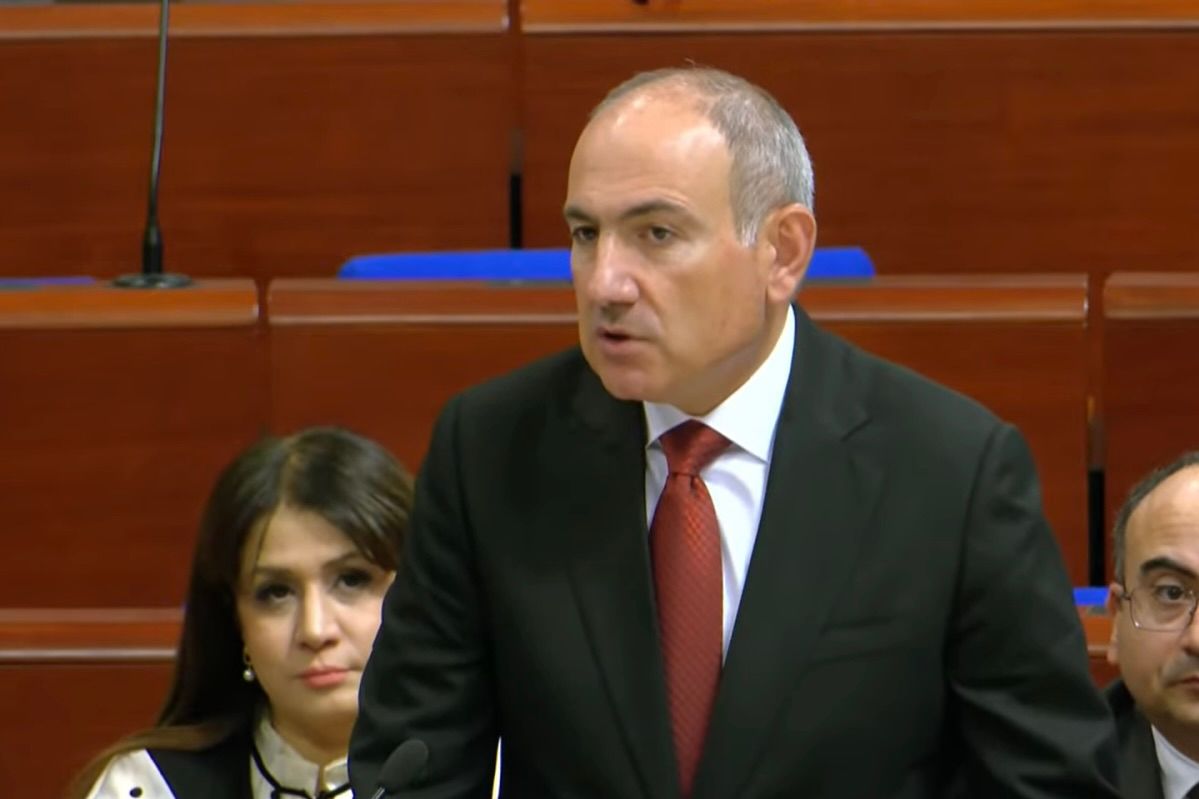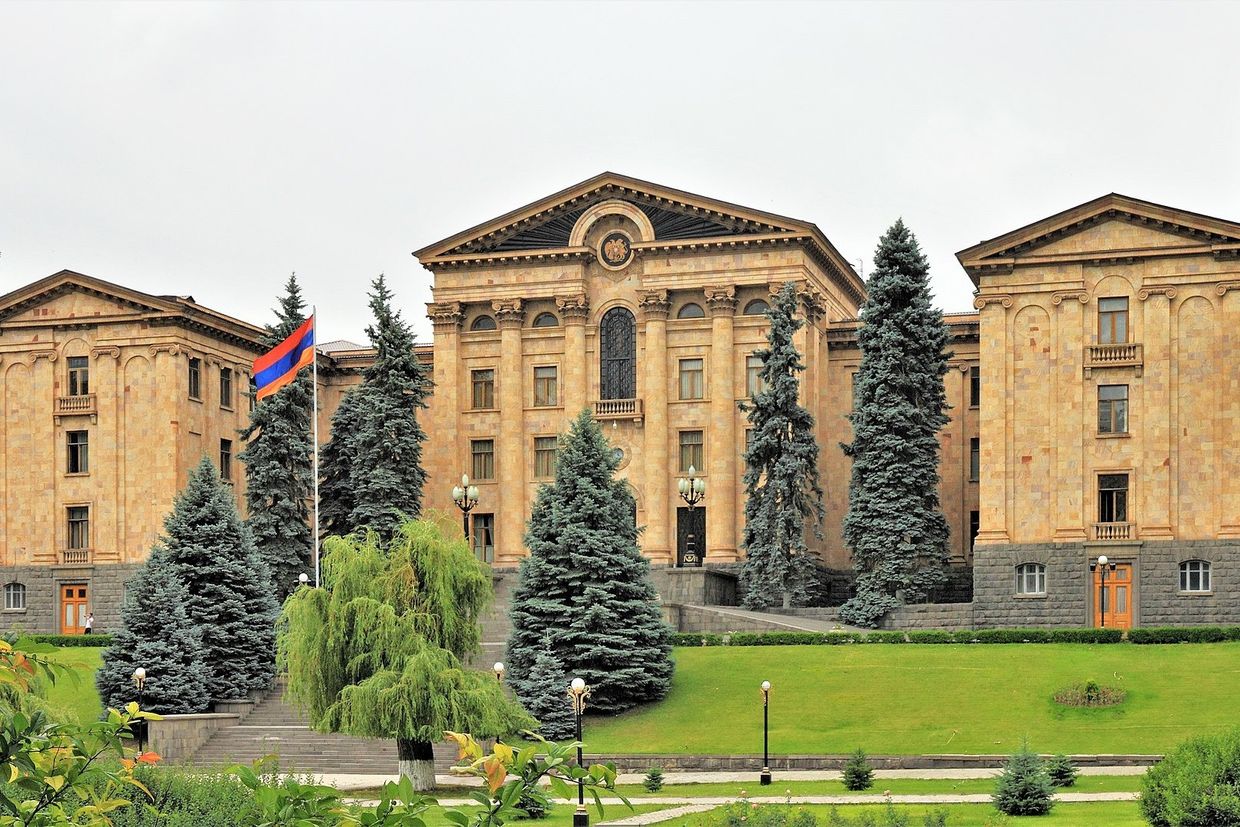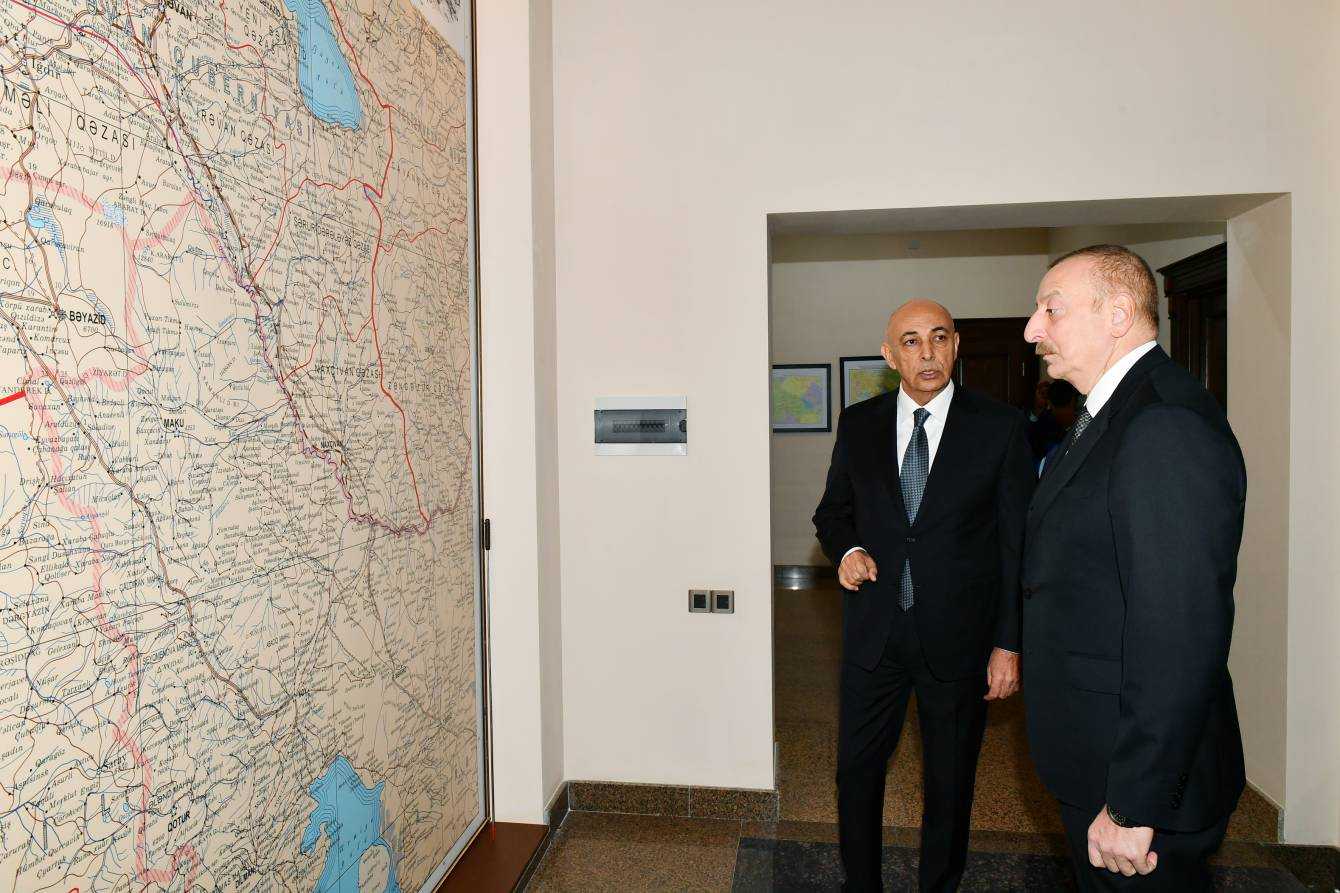
Armenia has begun detailed discussions with the US on the implementation of the Trump Route for International Peace and Prosperity (TRIPP), while continuing to navigate sensitive negotiations with Azerbaijan on a long-awaited peace agreement.
Armenian Foreign Minister Ararat Mirzoyan, speaking to Poland’s TVP World broadcaster, said Yerevan and Washington are moving ahead with technical planning for a new railway corridor intended to boost regional connectivity. He noted that US experts have already engaged with Armenian counterparts and that construction could begin soon after the process is finalised.
‘We have already started discussions with our American partners’, Mirzoyan said. 'I believe we can complete this stage in the coming months, after which construction should begin.'
On 3 October, the first step in the US–Armenian cooperation started with consultations between US and Armenian border troops.
According to preliminary assessments, building the railway could take at least two years. But Mirzoyan emphasised that Armenia is eager to accelerate the project, both to reopen transport links with Azerbaijan and to secure the economic benefits of a more integrated region.
'Armenia is among the main beneficiaries’, he said. 'For example, we would be able to send or receive goods using the infrastructure and territory of the Republic of Azerbaijan’.
The TRIPP initiative, the flagship outcome of Washington-mediated talks earlier this year, envisions the creation of a joint Armenian–US consortium to design, build, and operate the railway corridor. The consortium would also be able to bring in third-party companies for specific tasks or services, and could later expand its activities to include pipelines, power lines, and other cross-border infrastructure.

'All agreements will be reciprocal’, Mirzoyan added. 'We also plan to use the territory of the Nakhchivan Autonomous Republic to connect the north and south of Armenia by rail’.
Alongside cautious optimism on infrastructure, Mirzoyan acknowledged persistent obstacles in the political track of negotiations with Baku. He confirmed that Azerbaijan has recently raised new preconditions, which Armenia does not accept.
‘The Azerbaijani side is putting forward certain preconditions. We do not share that agenda,’ he said, without giving details about Baku’s new preconditions. Azerbaijan has repeatedly demanded that Armenia change its constitution by removing references to Nagorno-Karabakh, seeing them as a territorial claim.
Despite this, Mirzoyan insisted that Armenia remains committed to finalising the peace agreement that the Armenian and Azerbaijani leaders preliminarily signed in Washington.
‘We are ready to sign the peace treaty as soon as possible,’ he said, while stressing that normalisation requires more than formal documents. ‘Even before the final signing ceremony, there are processes already underway or that could take place — such as showing greater tolerance toward each other, or even exploring prospects for cooperation in international platforms’.
Asked about the broader challenges to reconciliation, Mirzoyan pointed to the heavy psychological burden left by decades of conflict and mistrust. ‘Reconciliation will take time,’ he said. ‘Peace has been established, but it requires constant care and daily effort from both sides. Aggressive rhetoric by any party does not help the process’.
Prime Minister Nikol Pashinyan has described both TRIPP and the peace talks as central to Armenia’s vision of becoming a hub of connectivity and cooperation rather than confrontation.

This article was translated into Russian and republished by our partner SOVA.










